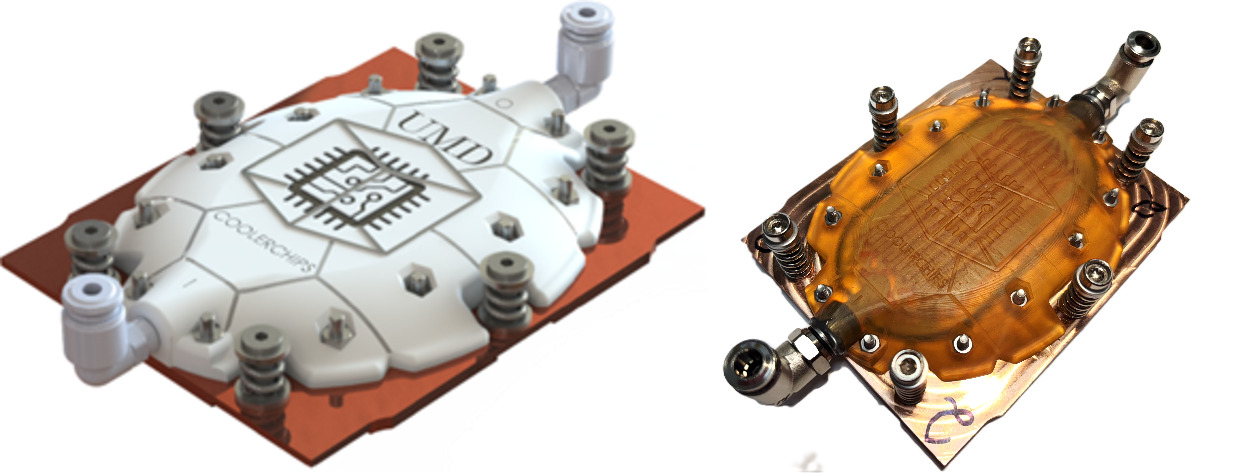
Maintaining the temperature at a desired range is necessary to obtain optimum performance and economical operation of data centers and cloud computing facilities. An Arpa-E project with UMD seeks to build a low environmental footprint, flexibility in installation and operation, and a relocatable cooling system. These goals can be compromised if the cooling system that is necessary to provide the appropriate environment is not reliable; that is, it does not properly function within specified performance limits for the specified period of time under its life cycle application conditions.
This project will analyze the reliability of the proposed system concurrently with the development of the project and provide the necessary conceptual design alternatives for ensuring practical designs that account for potential failure sites, causes, modes, and mechanisms. We are utilizing fundamental tools and concepts of reliability engineering including Fault Tree Analysis, Reliability Block Diagrams, and redundancy analysis for each component of the system, and building them up to a system reliability model.
CALCE faculty Dr. Diganta Das is the Principal Investigator for this project, and Prof. Michael Ohadi is leading the overall effort.

Dr. Diganta Das is an Associate Research Scientist at the Center for Advanced Life Cycle Engineering. His expertise is in reliability, environmental and operational ratings of electronic parts, uprating, electronic part reprocessing, counterfeit electronics, technology trends in electronic parts, and parts selection and management methodologies.

Prof. Michael Ohadi currently serves as a Program Director at the U.S. Department of Energy’s Advanced Research Projects Agency – Energy (ARPA-E). His focus includes heat/mass transfer enhancement and process intensification utilizing innovative designs, materials, and manufacturing techniques. He is the co-founder of the Center for Environmental Energy Engineering at the University of Maryland, College Park (UMD).
Top